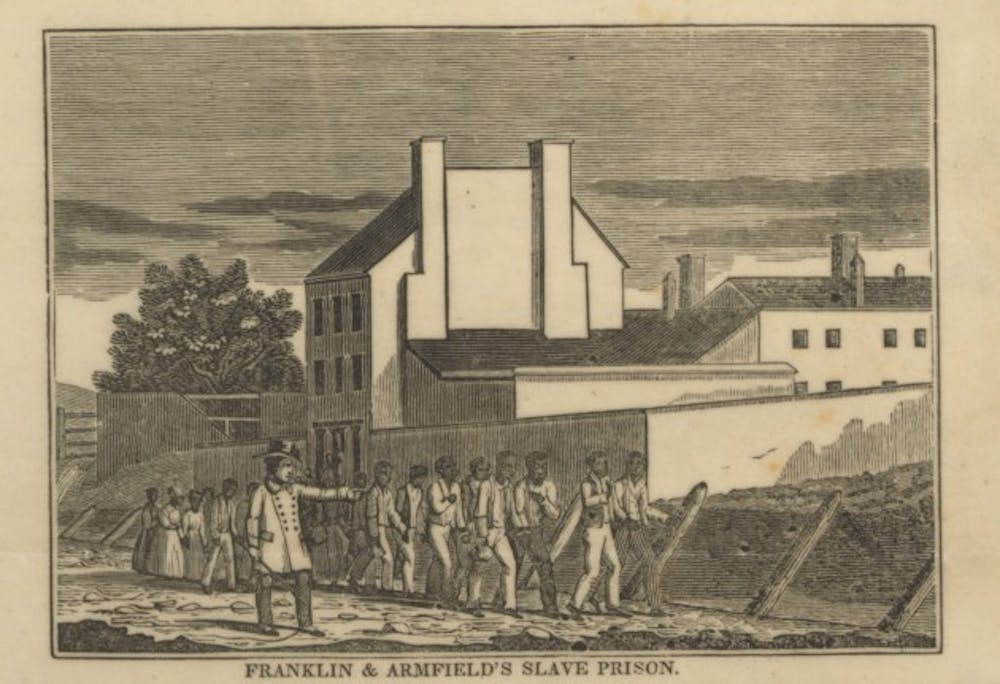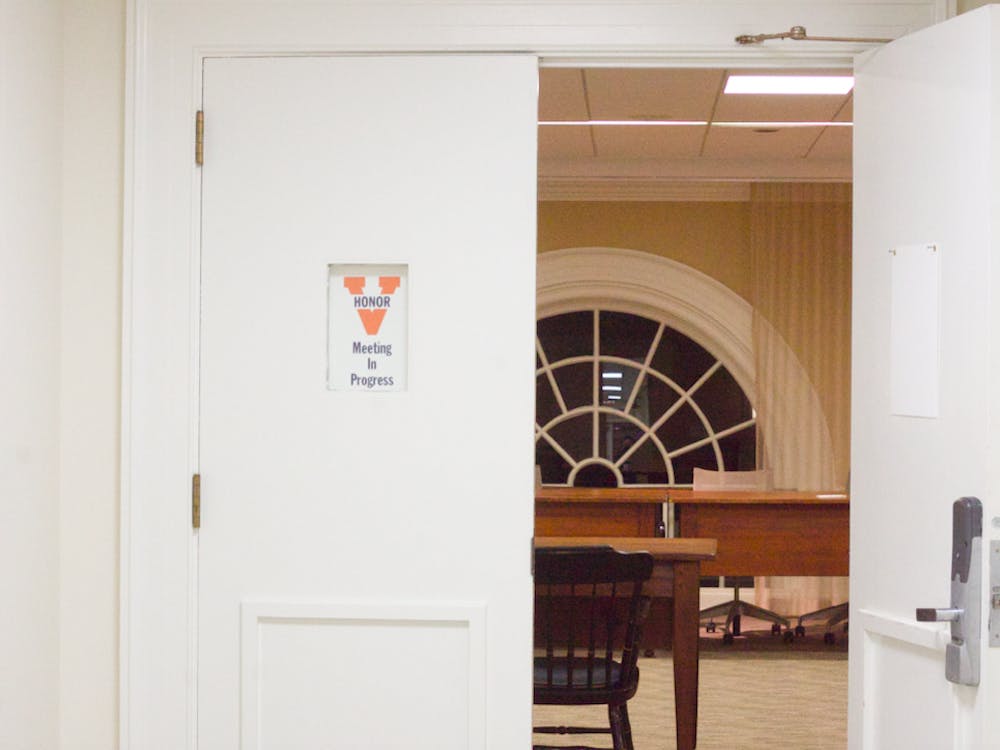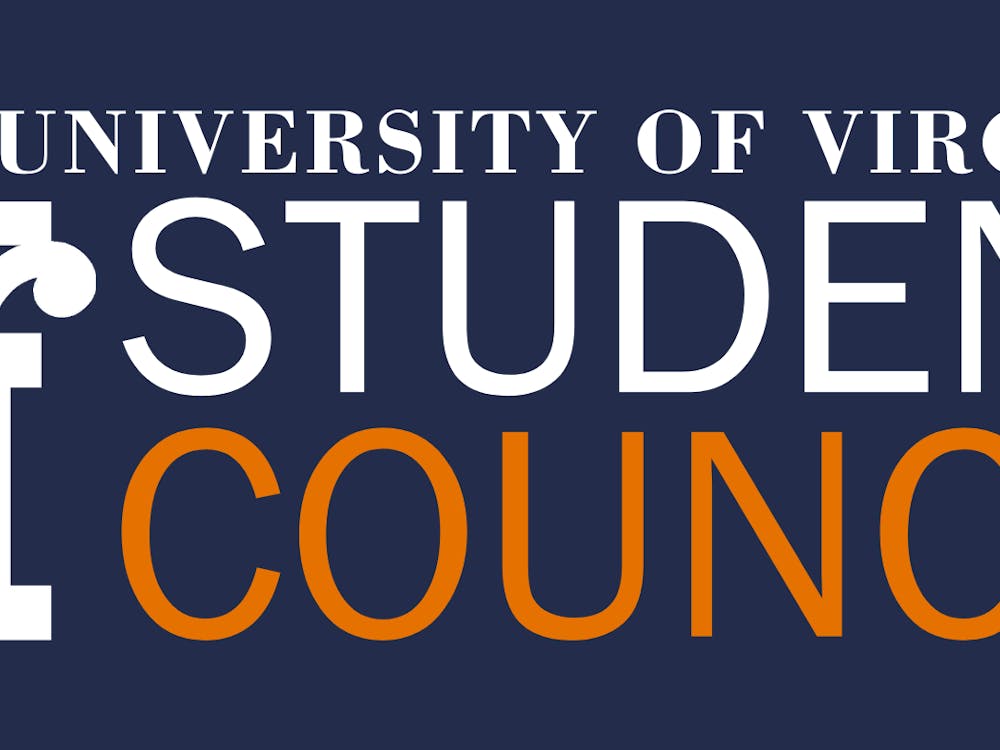Recently, many universities around the country have begun to reckon with their historical ties to slavery. Many elite institutions in the United States were built by slaves, and these institutions are beginning to recognize their dark past. In recent years, some colleges have announced initiatives to acknowledge and make amends for their involvement in slavery. These initiatives have ranged from Emory putting out a statement of regret for its involvement in slavery, to Yale renaming Calhoun College to Brown creating memorials to recognize its role in the institution of slavery. The University, like Brown, has plans to create a memorial to enslaved laborers. Unfortunately, these symbolic gestures are as far as most universities have gone in their confrontation of their role in the system of slavery in the United States. While it is admirable administrators at the University are trying to make the history of slavery more visible, this gesture falls far from what is needed to truly address that legacy. The University should pay financial reparations for the enslaved labor exploited over the course of its history.
Georgetown is the only university so far to even come close to making financial reparations for their role in slavery. Georgetown has taken steps to recognize slavery’s role in its history by offering preferential admission to students, whose ancestors benefited their university. Following an already monumental first step, Georgetown also says it is necessary to have even more measures to address their past. The University should follow Georgetown’s lead, and go above and beyond to address the legacy of slavery on grounds.
The University has a long history with slavery, involving hundreds of enslaved laborers, before and after it welcomed its first class of students in 1825. These laborers were first exploited to build the University, and afterward to maintain the University. The University’s horrible treatment of African Americans did not end with the abolition of slavery — failing to admit black students until 1950. By not accepting black students, this University denied descendants of the enslaved people access to the institution their ancestors helped build. It is particularly striking to consider the fact that the grandparents of today’s black students would not have been allowed to attend. The University has become one of the most prominent institutions in the United States off the backs of slave laborers — it must take the opportunity to make amends by being the first American university to offer financial reparations to their descendants.
Some would argue that emulating Georgetown’s program is the best way to make reparations, but the policy of giving descendants of exploited slave laborers preferential admissions treatment is deeply flawed. Preferential admissions only help the lucky few descendants that defy the odds and make it to college, but reparations could give financial support to descendants of these slaves that face systemic disadvantages. To properly disseminate these reparations the University should convene a commission to study the effects of slavery at the University and recommend specific financial steps to atone for that past. As it stands now, it is difficult to know how the University would attempt to disseminate reparations, which is why this subject needs to be studied thoroughly in order to be properly addressed. To finance reparations, the University could use funds from their $2.3 billion dollar Strategic Investment Fund. It is through the labor and subjugation of slaves that the University has become what it is today, it is only fair the University find a way to make amends by paying for that labor.
Symbolism and memorials are nice, but the University has the financial means to make proper amends by paying reparations. I understand the divisiveness and the logistical issues surrounding reparations, but that does not mean they should not be attempted. I hope the University considers this option to pay financial reparations, while also continuing its mission to make the history of slavery at this University more visible through the Memorial for Enslaved Laborers. It will not be easy to devise a way to disseminate reparations, but taking steps to financially make amends for participation in the institution of slavery is the right thing to do. Through financial reparations, the University has a chance to be a leader among elite institutions to effectively right its wrongs.
Jacob Asch is a viewpoint writer for the Opinion section. He may be reached at opinion@cavalierdaily.com.






